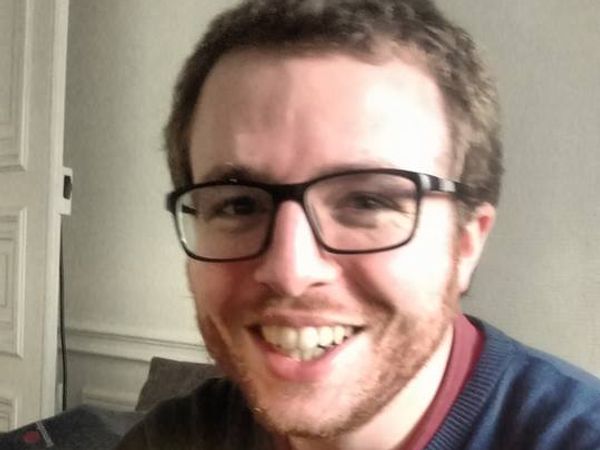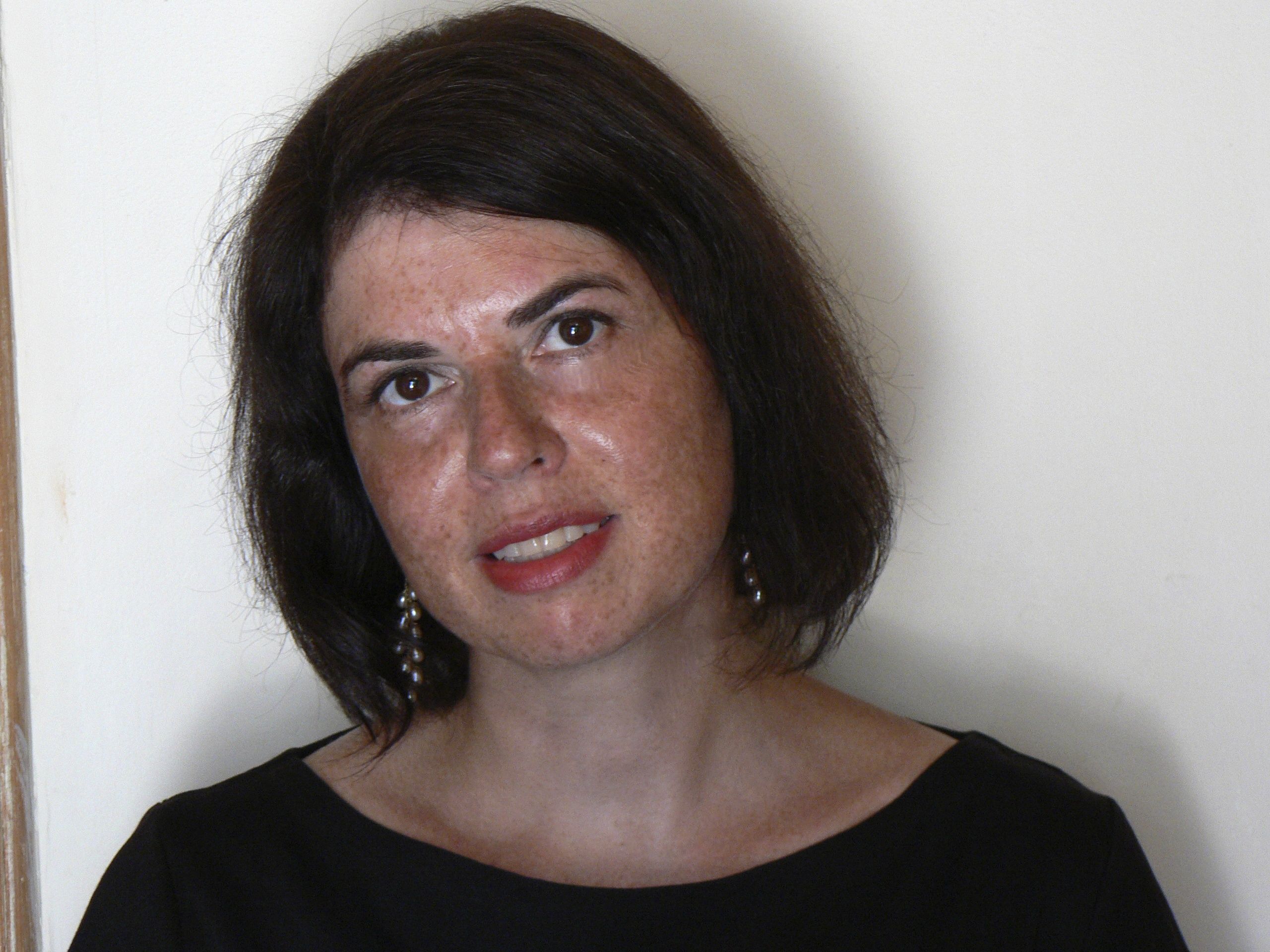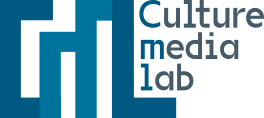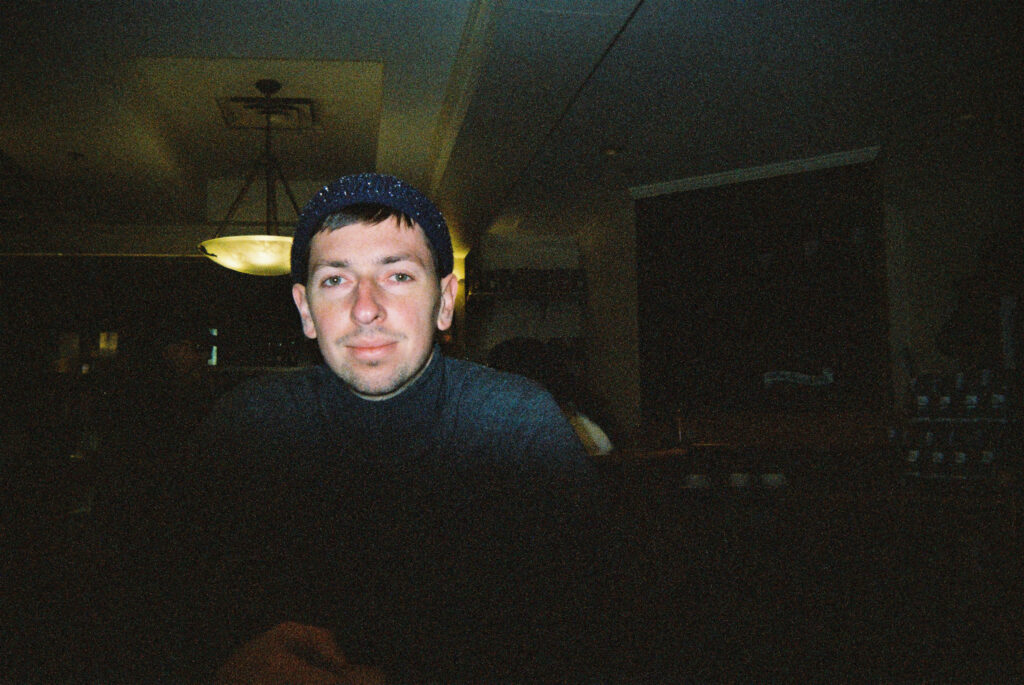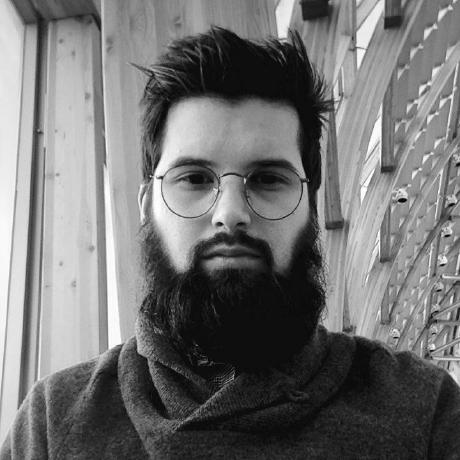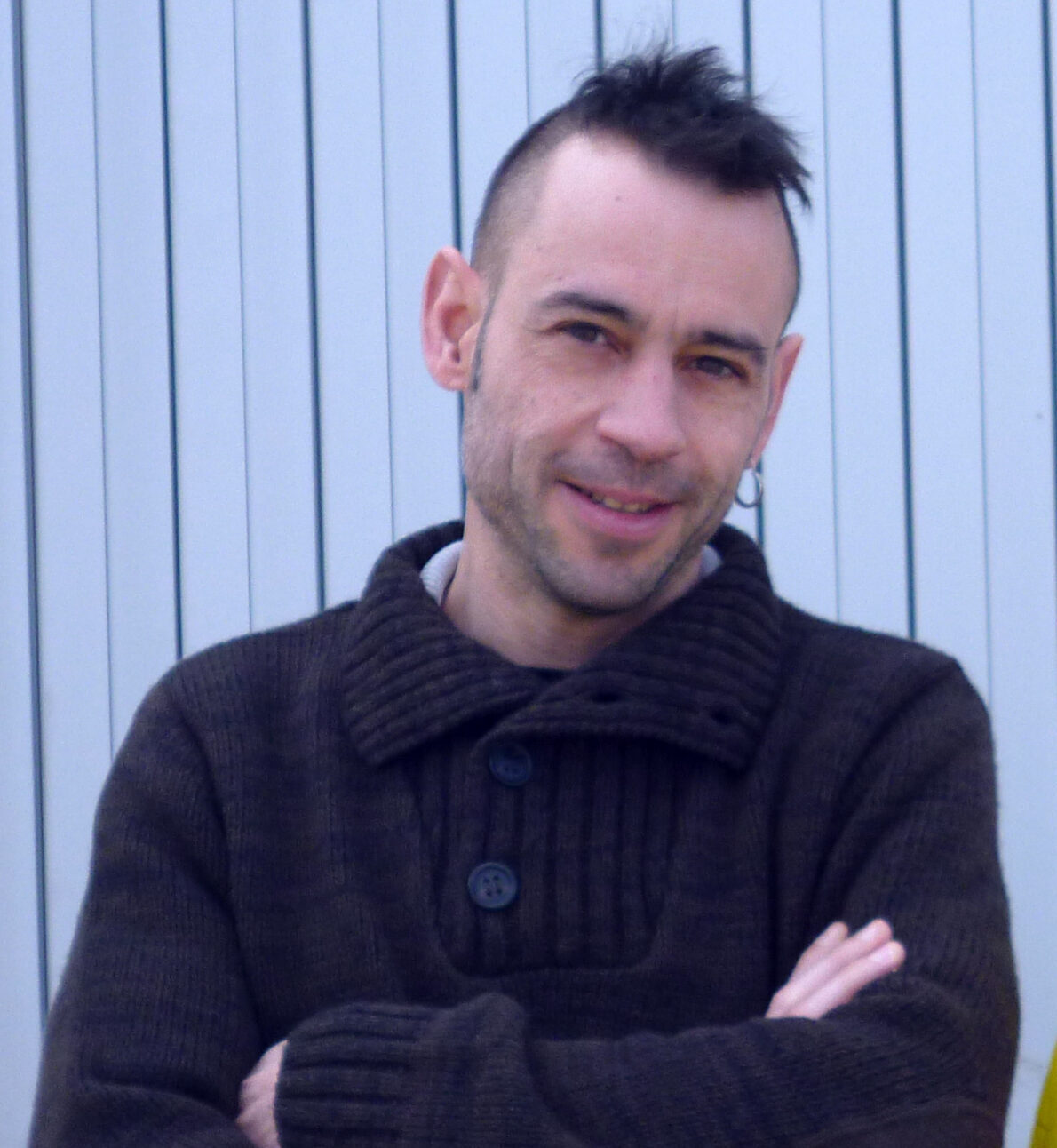In this interview, researcher Grégoire Bienvenu describes the MIP that he co-designed around the work and archives of Stanley Kubrick for the students of Nanterre.
Culture Media Lab : How did you start working on the work and archives of Stanley Kubrick?
Grégoire Bienvenu: The two of us, along with Jordan Derrien, are organizing this project. I’m in my fourth year of doctoral studies, and he is a visual artist and lecturer at the London College of Communication. He told me about Stanley Kubrick’s archives that are housed in his school, his personal archives. In Paris, La Contemporaine, which has an archive on wars and social conflicts of the XXᵉ century, including posters, interested us. We wanted to question them in parallel, to put Kubrick’s work in context with the contemporary period. Because yes, his work is special in that it lasts. Finally, I work a lot in my thesis research on objects that are not necessarily digital, like the poster. We wanted to think about the future of the poster, its necessity even today, and the practices of its conservation.
CML: How did the idea of organizing an MIP for students come about?
GB: I was a teacher at Nanterre for two years and I wanted to continue teaching in parallel with my thesis. I talked to Marta Severo about setting up an international project module and she mentioned the possibility of applying for an MIP with Artec, which accepted it. This MIP is part of the Master II Multimedia Editorial Communication course.
CML: What is the main idea proposed to the students and how do they interact with the filmmaker’s work and archives?
GB: First of all, the objective is to get them to work with archives: to do research, to manipulate documents, to discover spaces and ways of working that are not necessarily known to them. Then, to question the work of Kubrick and the medium of the poster. We want to do action research or creative research: all this research must lead to an original production that extends all these reflections. Here, it will be in the form of a poster. Finally, we insist on the Franco-British aspect, with mixed sources and one of the places where the MIP is carried out in France and in England and in two languages.
CML: What exactly does the work with the archives consist of?
GB: We spend three days together. The first day, we are at La Contemporaine, in contact with archives on the first world war and the Vietnam war, which will be put in parallel with several of Kubrick’s films, all kinds of documents, posters, photos, press clippings that go from 1914 to today. The third day is spent at the Cinémathèque, in contact with pre-selected archives, photos of filming, photos of the set. These are posters, epistolary exchanges. In London, two half-days on the LCC campus are dedicated to archive manipulation, document selection and observation. It’s impossible to see everything in these collections, so they have to make connections, filter, question formats and objects.
CML: What are the future developments of this work?
GB: The expected outcome is twofold. The students have to propose a poster that echoes the reflections that were carried out during these two times three days. Alongside the poster, they are also asked to write an argument that explains the reflective work undertaken, the results, etc., in both languages. Then, they have the possibility of a creative carte blanche: rethinking a film casting today, imagining a promotional campaign in a territory, in connection with the work. When all this is completed, we would like to make an exhibition with the students’ works, as well as a publication. And to continue next year with more interactivity towards the United Kingdom, by making pairs of students on both sides of the Channel.
CML: Has this work led you to think about new avenues on Kubrick’s work or on the place of the filmmaker or the poster?
GB: We realized that most of the students had never seen a Kubrick film. Only one of them had ever processed and handled archives. And none of them had visited La Contemporaine or the Cinémathèque. So the grounds are new to them, which creates excitement. And this MIP allows us to satisfy our curiosity as well, along with that of the students. We learn at least as much as they do.
Yesterday we opened our international workshop on #archives, #posters and Stanley #Kubrick by visiting the great collection of @LaContempo_BAM! Next step in November and later in London!@EURArTeC @UAL @UParisNanterre pic.twitter.com/y7yOmZ4uRW
— Grégoire Bienvenu (@GrgoireBienven1) October 13, 2022
Mots-clés
Last news
